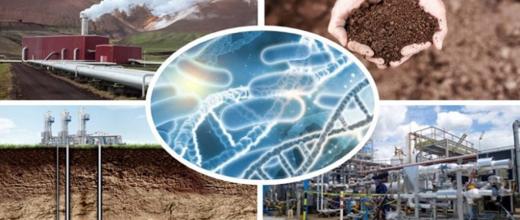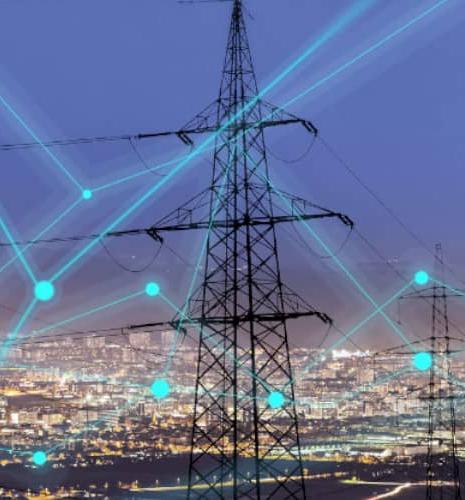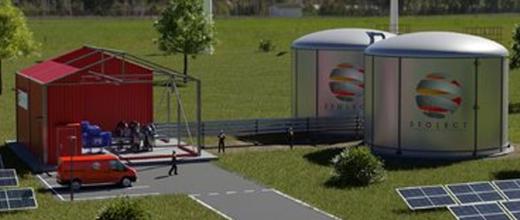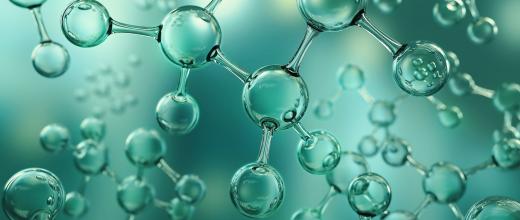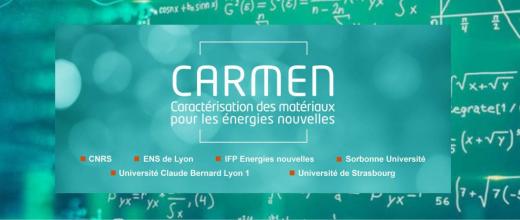Individual page
Jean-Marc GRATIEN
Research engineer in High Performance Computing and Artificial Intelligence
Engineer of Ecole Centrale Paris, Ocean engineering, promotion 1994 PhD in Computer Sciences, Université de Grenoble 2012 Expert in HPC, IA and Scientific software design Main contributor of the
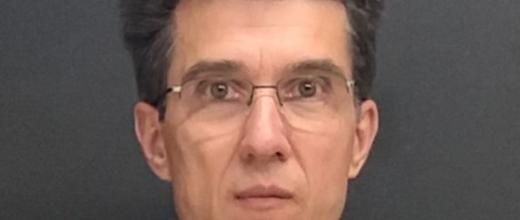
Individual page
Philippe BÉARD
Research engineer
Dr, PhD in Fluid Mechanics
Dr, PhD in Fluid Mechanics
PhD in Fluid Mechanics at ISAE-SUPAERO, Toulouse, France in 1994. Research engineer in the Systems Simulation and Modelling Department from 1996 to 2008. Since 2008, research engineer in the Chemical
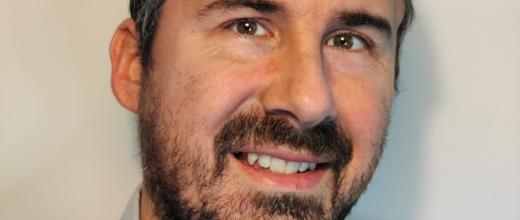
Individual page
Rémy MINGANT
Research Engineer, PhD in Electrochemistry
I am Rémy Mingant, an experienced research engineer at IFP Energies Nouvelles, specializing in corrosion, batteries, and materials. My journey is built upon a strong academic foundation, crowned by a
Individual page
Guillaume VINAY
Research Project Manager "Multiphysics Modeling of Coupling Phenomenon", PhD research engineer in numerical fluid mechanics
Guillaume Vinay studied at ENSEIRB-MATMECA in Bordeaux before completing a PhD in Numerical Mechanics at Mines ParisTech. Graduating in 2005, he was awarded the thesis prize of the Groupe Français de

Individual page
Francesco PATACCHINI
Research engineer in scientific computing
Francesco Patacchini is a research engineer in scientific computing and, more generally, in applied mathematics. He obtained his PhD at Imperial College London in 2017 under the supervision of Prof

Individual page
Antoine FECANT
Head of Department
Antoine Fécant holds an engineering degree from the Ecole Normale Supérieure de Chimie de Lille (2004) and a DEA (Master degree) from the University of Lille I the same year. He then obtained a PhD

Individual page
Maria-Fernanda ROMERO-SARMIENTO
Research Engineer / Technical Advisor
Organic Geochemistry PhD. HdR.
Sciences of the Earth and the Universe HDR
Organic Geochemistry PhD. HdR.
Sciences of the Earth and the Universe HDR
Maria-Fernanda Romero-Sarmiento joined IFP Energies nouvelles in 2010 as a research scientist in organic geochemistry. She holds a Ph.D. in Organic Geochemistry from the University of Lille (France)
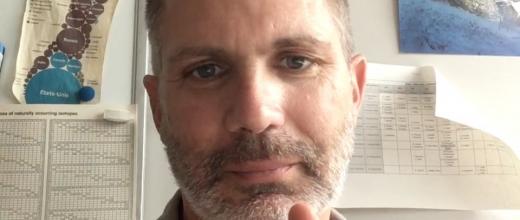
Individual page
Charles-Philippe LIENEMANN
Charles-Philippe Lienemann - Scientific Advisor at the Physics and Analysis Division
Charles-Philippe Lienemann graduated at the University of Geneva (Switzerland) in 1993. He then joined University of Lausanne (Switzerland) within the group of D. Perret and Prof. J-C. Bünzli for his

Innovation and Industry
Carnot IFPEN Ressources Energétiques
The Carnot IFPEN Ressources Energétiques (RE) brings together 14 of IFP Energies nouvelles’ laboratories. Awarded the Carnot label in 2020, it maintains strong ties with the socio-economic world, both in France and internationally, and actively contributes to the Carnot Institute network. The Carnot IFPEN RE addresses the challenges associated with
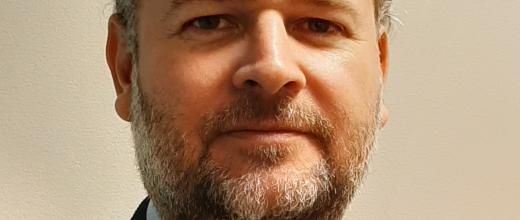
Individual page
Carlos NIETO-DRAGHI
Research Engineer / Project Manager
Carlos Nieto-Draghi (b. 1975) completed a Chemical Engineer degree at the Simón Bolívar University (Caracas, Venezuela) followed by a DEA and Ph.D. in Chemical Engineer and Processes at the Rovira i



